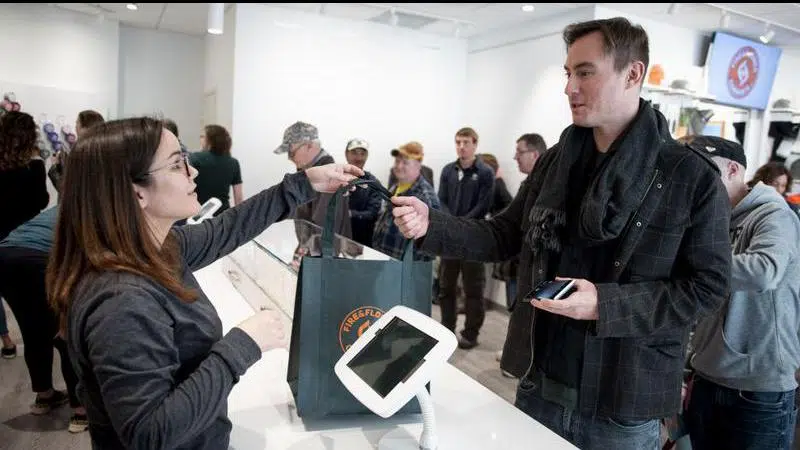
SUMA calls for province to share funds from cannabis sales
The group that lobbies the provincial government on behalf of cities towns and villages wants to see some changes on the revenue front in regards to the cannabis excise tax.
Gordon Barnhart, president of the Saskatchewan Urban Municipalities Association (SUMA) said when the federal and provincial governments negotiated how the revenue would be split up local governments were supposed to get a share.
“75 per cent went to the provinces with an expectation that a quarter of that, 25 per cent would be shared with municipalities,” he said.
The issue of revenue sharing in terms of cannabis has come up again as the Government of Saskatchewan has announced in the future they will no longer cap the number of permits issued. The province will give municipalities the power to decide on whether they wish to allow more shops.


